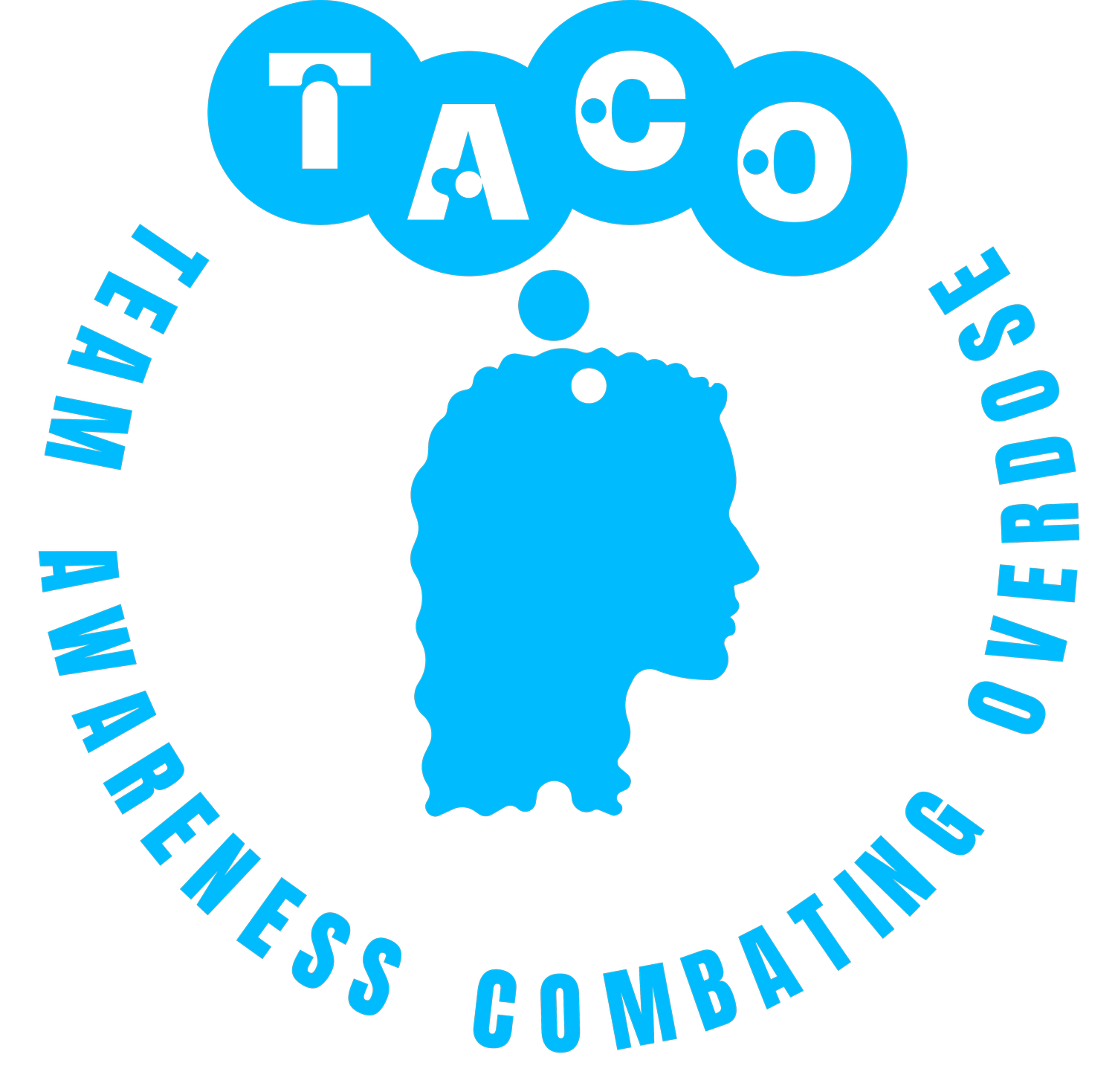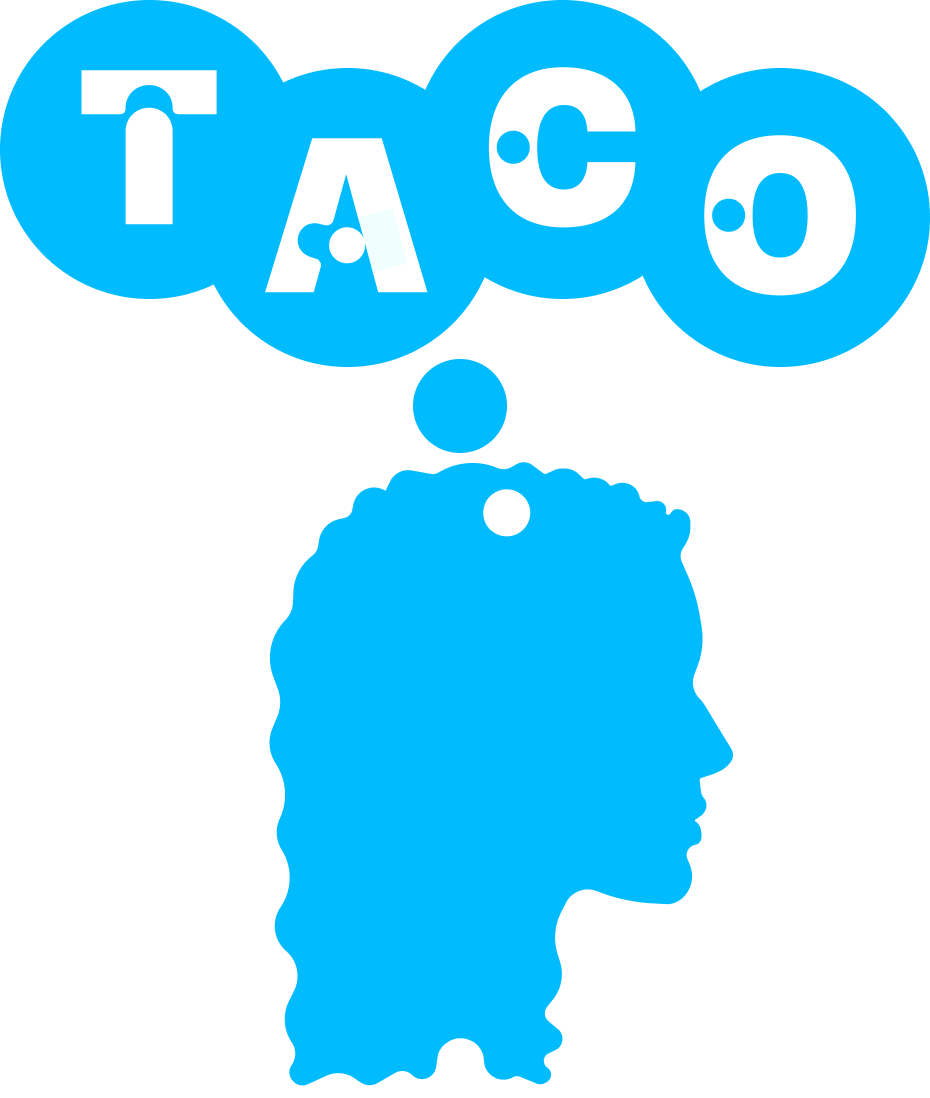Does Cannabis, Alcohol Cocaine, or Xanax Impact Sleep?
Do Drugs Impact Sleep? Part 1 - Cannabis, Alcohol, Cocaine, Xanax
🌿Low doses of Cannabis in infrequent users makes it easier to fall asleep quicker, but decreases the user’s time in REM sleep. REM is when the brain recharges itself and when dreams occur. Since this process is diminished, Cannabis users sleep longer and have a harder time waking up because the brain couldn’t recharge fully. Consistent users may gain a tolerance to Cannabis’ ability to help them fall asleep more quickly, but may still have less REM sleep🍃
😴Alcohol makes the user fall asleep faster, but they’re very unlikely to get good quality sleep. While low doses of Alcohol are associated with an increased REM sleep, binge drinking causes decreased REM sleep. Alcohol dependence leads to insomnia in chronic users😳
🍸Alcohol can also worsen sleep-related breathing problems, like Obstructive Sleep Apnea (OSA) by reducing outgoing signals from the brain to breathing muscles. Poor breathing during sleep is associated with heart and brain diseases over time💨
💡Cocaine is a stimulant - it excites brain activity. Cocaine causes extra Dopamine at brain synapses and extends the length of time that Dopamine is active within these synapses. This not only makes it more difficult to fall asleep after Cocaine use, but causes the user to sleep very lightly throughout the night🕰
💊Benzodiazepines, like Xanax, bind to inhibitory receptors in the brain (controlled by a neurotransmitter called GABA). Activating these receptors causes decreased activity in the brain, leading to drowsiness. When used infrequently, Xanax makes it easier to fall asleep and stay asleep longer. People who use Xanax consistently are likely to have trouble falling asleep and staying asleep on their own 🛌






